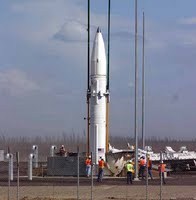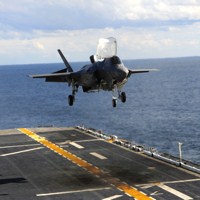
In the absence of a NATO heads-of-state summit this year, the regular meetings of the alliance’s defense ministers take on added importance. This past week’s meeting in Brussels on Oct. 22-23 yielded important achievements regarding the Connected Forces Initiative, but offered little new to say on Afghanistan, Russia or NATO’s core capability initiatives. The meeting was also overshadowed by fallout over revelations of U.S. National Security Agency surveillance of American allies as well as Turkey’s decision to award a missile defense contract to a sanctioned Chinese company. To avoid having such controversies distract from next year’s heads-of-state summit, or have […]


